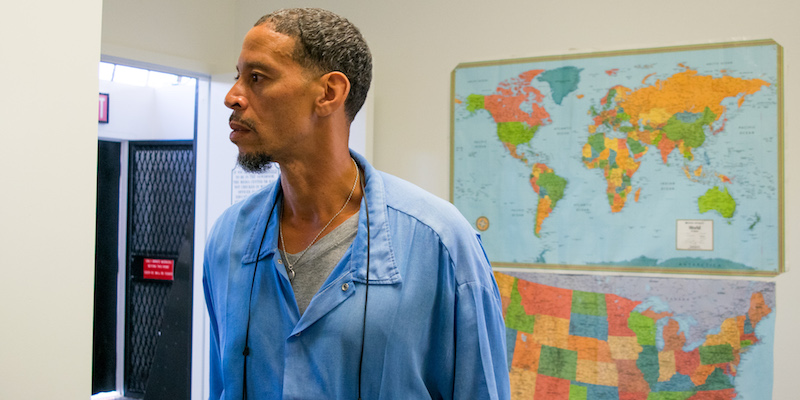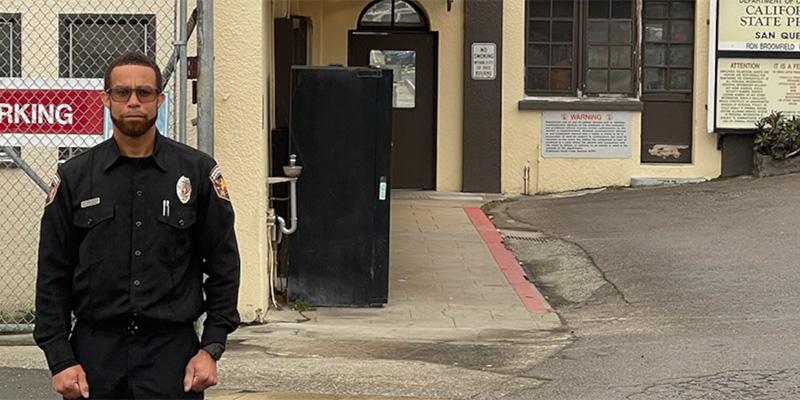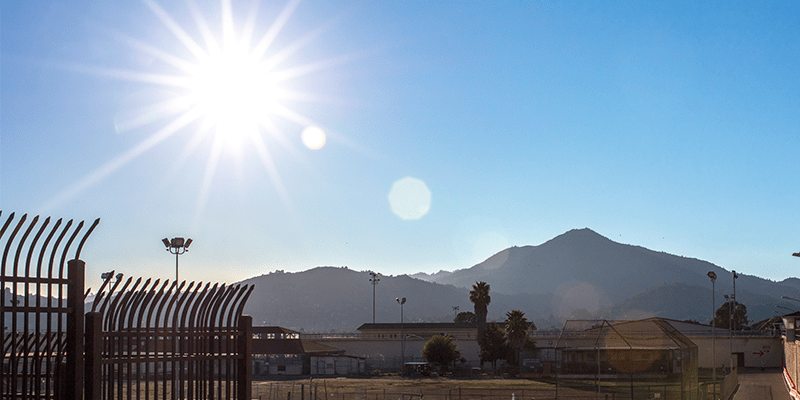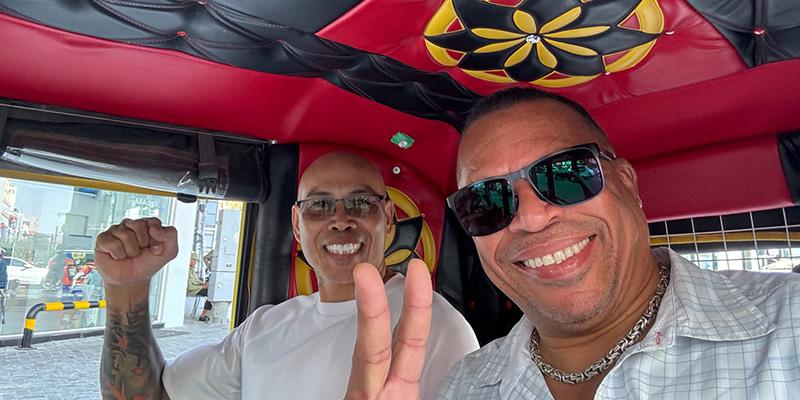I was sentenced to a total sentence of 55 years to life. The judge’s pronouncement still echoed in my head six months later as I paced the short distance from back wall to front gate of a maximum-security cell. As insanity wrestled with humanity, I had to decide who I wanted to win. The decision wasn’t mine alone. Society had to decide if I was worth giving the time and space to make something from the ashes of my life, or if I should be thrown away with the key.
I voted for humanity. Recognizing that my voice was still free, I declared myself a writer. I envisioned it as a career that could happen even from behind bars. I dreamed of writing something so profound, people would be motivated to change their lives for the better. However, I didn’t have the skill to match the passion. I never went to college and I had barely finished high school. I didn’t even have one of those “Writing for Dummies” books. To really become an effective writer, I needed the space and opportunity to learn the skill. I needed society to decide that a Lifer is worth giving a college education.
Society’s split on whether to provide a free education to the incarcerated. “Why educate men who may never go home?” some asked. “Lifers ruined their lives, so a degree would be a waste. I say, educating Lifers makes sense because the overall value of doing so adds to society.
Lifers matter to society because we are all connected. Whether or not we go home, we come into contact with those who are set free everyday like prison staff, corrections officers, and other incarcerated Americans with parole dates. How those relationships go can have a ripple effect on all of society. If Lifers give others attitude or traumatize others, those individuals will take that out into the community. That could mean arguing with significant others, road rage, alcoholism, suicide, or harming other people.
College teaches skills that make interactions between Lifers and everyone else productive. Communications classes teach us how to use verbal judo instead of violence. Ethics classes give us a better sense of right and wrong under extreme conditions. English classes help make Lifers articulate, which in turn leads to better relationships with their families, better odds of being understood on appeal, and eliminates the frustration that can build from feeling like no one is listening to you. From history classes, we learn how our government was formed—how it works and how to work from within it. Simply put, college courses help make Lifers better people, and our society a better place.
Educating Lifers can also have a positive effect on the rest of the incarcerated population. Some of us have committed crimes that have made us legends in the minds of some young people. If the younger men see us going to school, it may inspire them to do the same. Education can transform us from ghetto legends into positive role models.
Now let me tell you what being educated has done for me. Getting a college education has elevated my ability to write, which has given me a career that transcends being incarcerated. My writing is good enough to be published in several publications like The Marshall Project, and the Missouri Review. Plus, former heavyweight champion Shannon Briggs has entrusted me—a Lifer—with writing his memoir. Additionally, I write for San Quentin News. The Society of Professional Journalists recognizes us—a bunch of Lifers—as professional journalists. My education is something I am using right now—from a cage—to better myself and to better society.
A college degree has a value well beyond getting a job, or the scroll it is printed on. Everybody should have access to a college education because everybody counts. Everybody matters. Everybody has value. Recognizing the value in each other from those in the lowest positions to those in the highest is important because we are all impacted by each other. We are all connected to each other. Remembering to educate the forgotten is a smart move.












